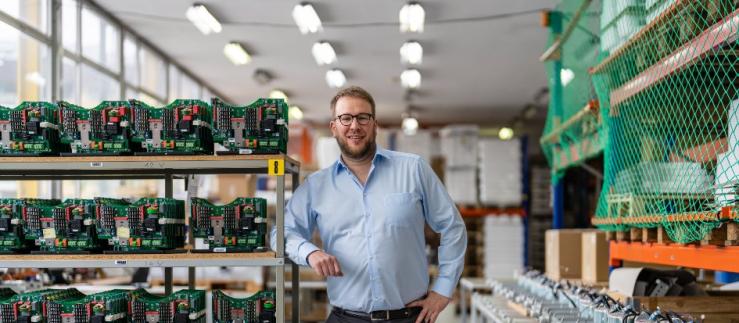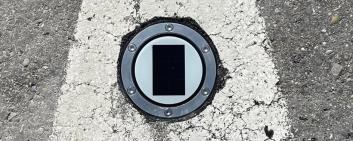Rytec Circular was founded in 2014 as a division of Rytec AG. Rytec is an engineering and consulting company that actively shapes ecological innovations from the causes of waste to its recycling and treatment. Circular economy is a pioneering and innovative field that offers opportunities and competitive advantages for many companies. Rytec Circular helps to find these economic opportunities and to implement them concretely for offers and products.
What are the challenges you face with regard to circular economy?
A circular economy project means adjustments on a wide variety of levels for a company. Many topics are relevant and must be tackled simultaneously. A pragmatic and step-by-step approach must be found so that, for example, a new approach to supply chains, new design requirements for products, reverse logistics and data management can work well together in the long term.
Which export markets are most important to you and why?
We currently observe that the European markets are moving faster and faster towards the circular economy. The Circular Economy Action Plan of the European Union is being implemented by the member states in national strategies and laws. Since April 2021, the EU Ecodesign Directive includes aspects on the reparability of products and a declaration of reparability is being planned. Those who want to participate in the EU internal market must be able to keep pace with these issues. In the medium term, Swiss companies could, for example, not participate in tenders that require recyclable products and services. On the one hand, this is a challenge for Swiss companies, but on the other hand, it is also an opportunity to use the advantages of the innovation place Switzerland to react more quickly than other non-EU suppliers.
What help can we give to companies to help them become more circular in their international business?
Switzerland Global Enterprise (S-GE) can inform its members about the opportunities of the circular economy and related regulatory risks. S-GE can build bridges to platforms with circular economy best practices and promote networking with experts such as Rytec Circular or Reffnet. Reffnet (FOEN funded), for example, offers companies a free potential analysis of their opportunities in the circular economy.
What unexpected situations have you encountered in international business?
When supporting a Swiss group in setting up a remanufacturing process in China, we had to help find a circular expert on site. Our learning is that we have, again and again, to integrate local teams from the beginning and inspire them directly "in their logic" for circular projects. We were pleasantly surprised to find that setting up pan-European or global reverse logistic system is absolutely feasible, as there are already established and mature third-party providers for some industries.
What is your opinion on collaborations with organisations such as S-GE, what are the benefits?
Switzerland Global Enterprise keeps Swiss companies up to date on megatrends relevant to foreign markets and investigates what impact they could have.
One example is the co-financed Cleantech ALPS publication "The circular economy. An economic and environmental opportunity of Switzerland?”.






